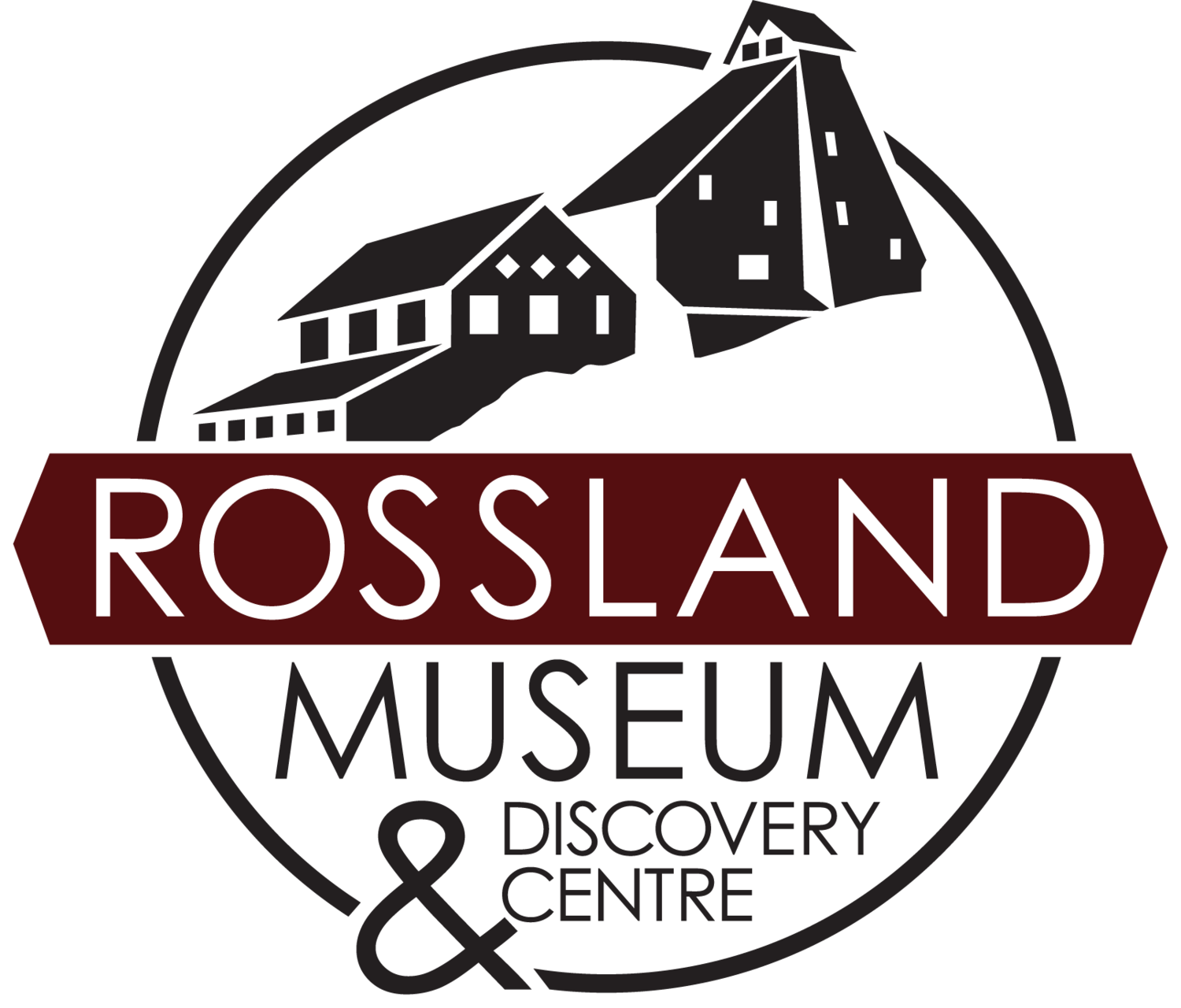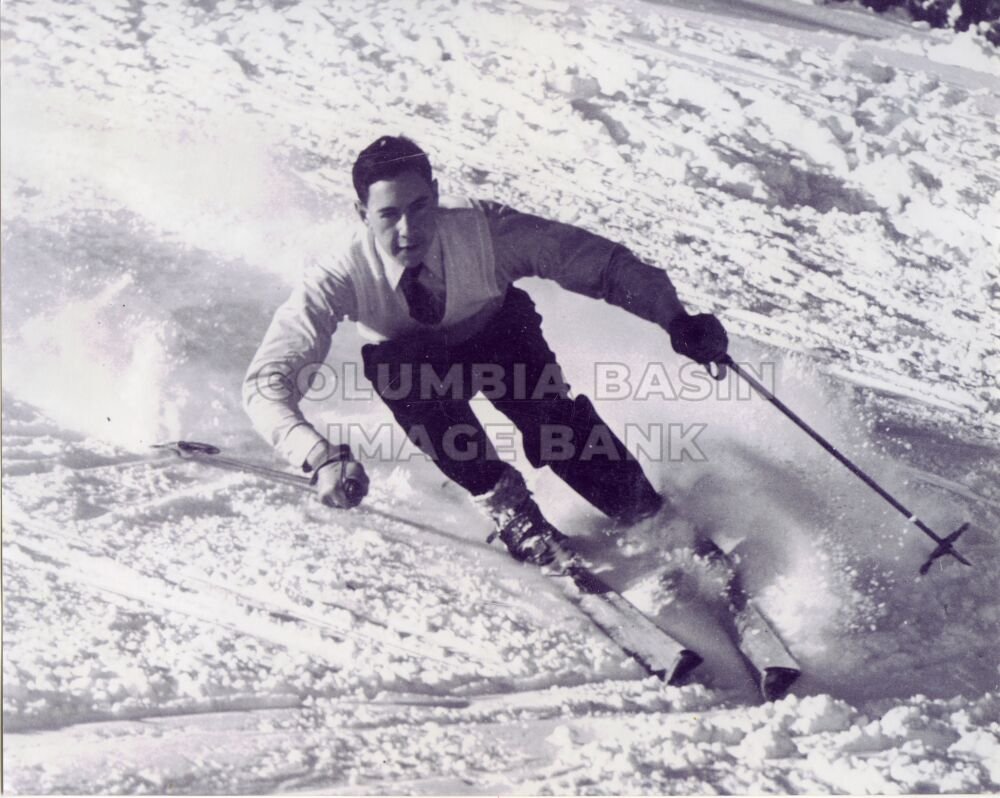
A Legend Carved in the Slopes: The History of the Grey Mountain Grind
The Grey Mountain Grind, commonly called “The Grind,” was a ski race introduced during the latter years of WWII and held annually from 1943-46, helping to reinvigorate the passion for ski racing in Rossland. Although only a short-lived tradition, the legend of the gruelling 6-mile course was carved into the slopes we ski today.
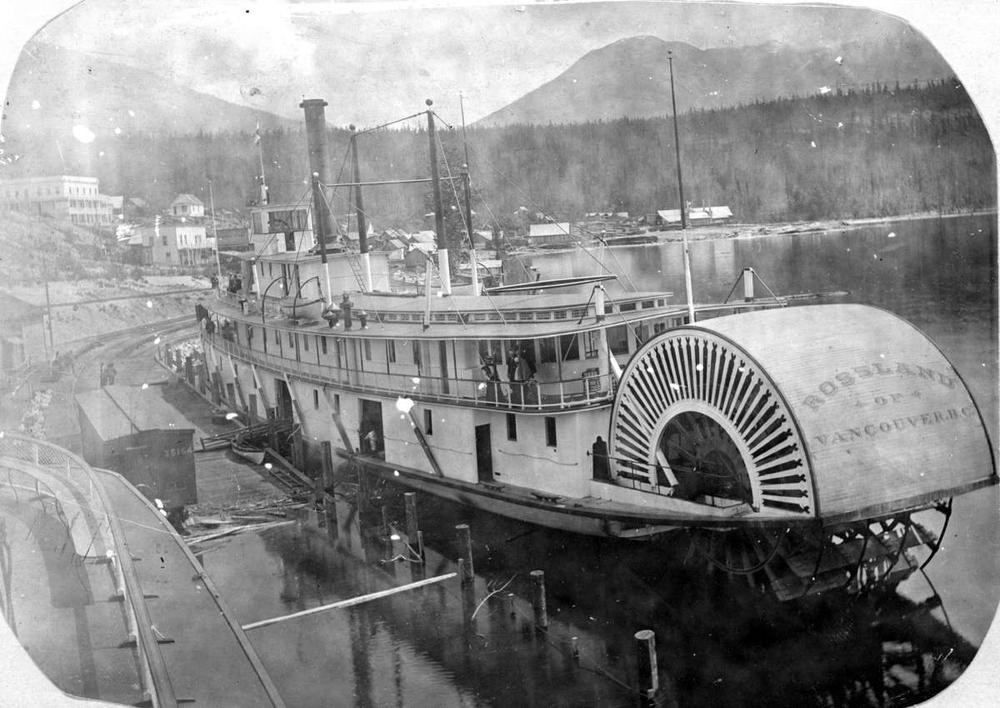
History of the S.S. Rossland
The S.S. Rossland was a steam-powered sternwheeler that operated on the Arrow Lakes and Columbia River from 1897 to 1916. The standout in a fleet of Canadian Pacific Railway (CPR) steamships, Rossland was widely-known for her beauty, elegance, and, most importantly, speed.

Behind the Curtain: The History of the Rossland Light Opera Players
In 2022, the Rossland Light Opera Players are celebrating their seventy-year anniversary. To celebrate the milestone, the Rossland Museum & Discovery Centre has compiled an extensive history of the organisation, believed to be one of the longest operating amateur musical theatre groups in British Columbia!
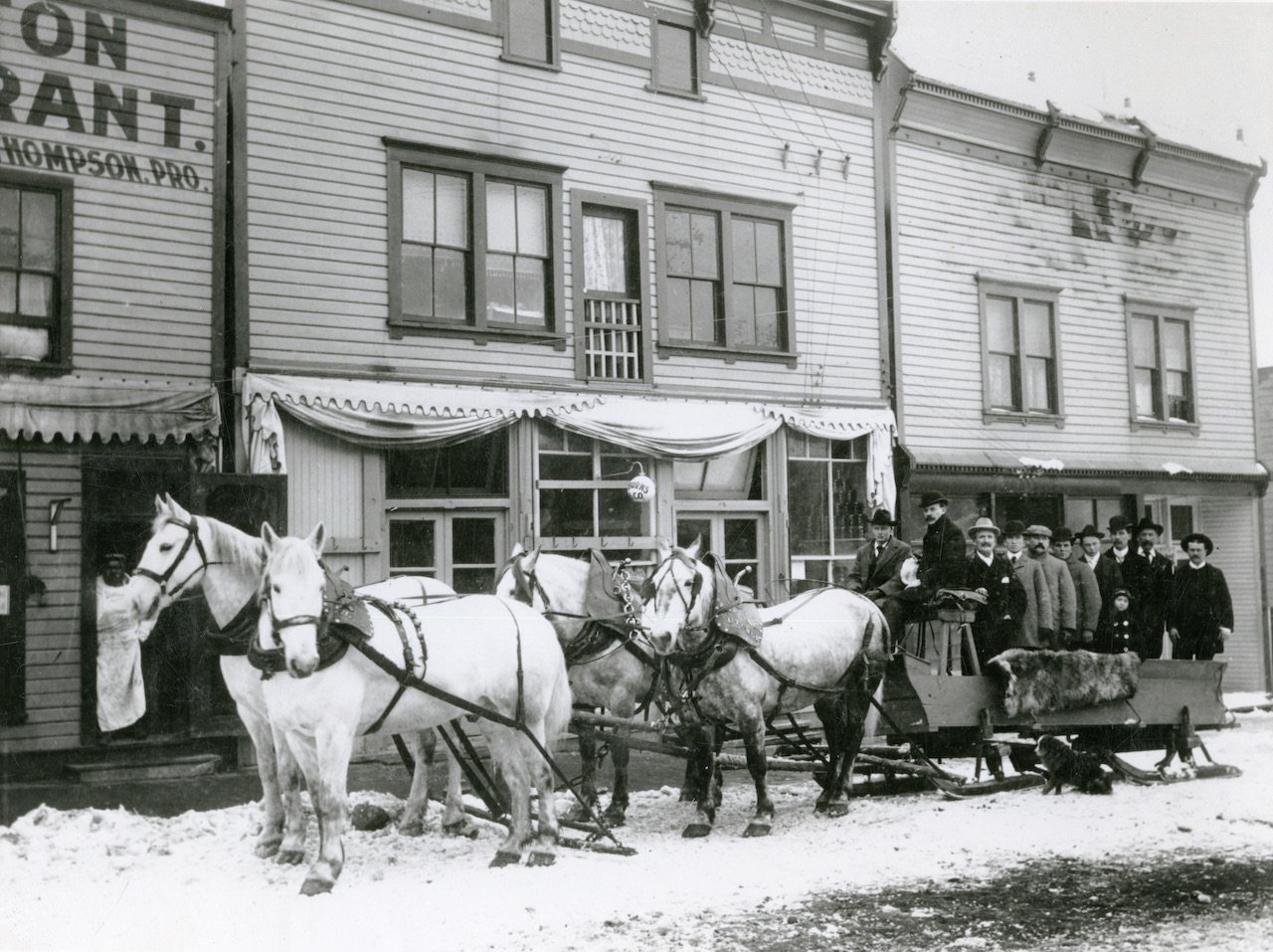
James W. Thompson
In honour of Black History Month, the Rossland Museum & Discovery Centre has delved into the history of James W. Thompson, a notable Rossland restaurateur from the 1890s.
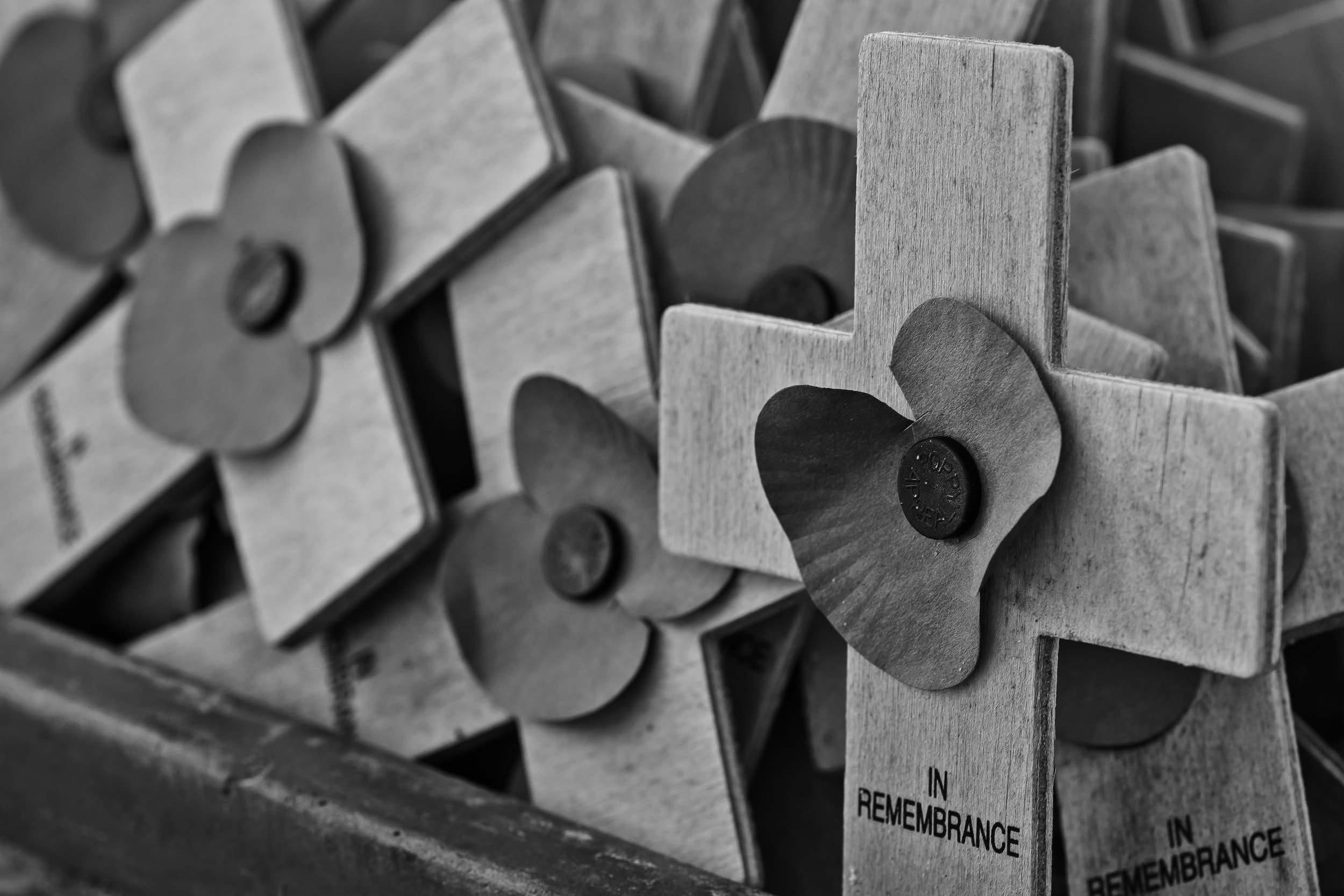
Rossland Red Cross: Women's Volunteer Service During the Second World War
The Rossland Museum has an ongoing project to learn more about the men and women that served in the armed forces overseas. We will continue to add information as it comes available. We will remember them.

Air Raid Precautions (ARP): Rossland Civilian Defence During the Second World War
The Rossland Museum has an ongoing project to learn more about the men and women that served in the armed forces overseas. We will continue to add information as it comes available. We will remember them.

Garth "Bunny" Beley: Flight Officer in the Royal Air Force (WWII)
The Rossland Museum has an ongoing project to learn more about the men and women that served in the armed forces overseas. We will continue to add information as it comes available. We will remember them.
Flight Officer Bunny Beley (1919-1940).

Benjamin "Ben" Allen: Private in Princess Patricia's Canadian Light Infantry (WWI)
The Rossland Museum has an ongoing project to learn more about the men and women that served in the armed forces overseas. We will continue to add information as it comes available. We will remember them.
Private Ben Allen (1897-1917).

Jessie McQueen
Rossland’s third public school teacher, landowner, and bicyclist, Jessie McQueen is one of the many noteworthy Women from Rossland’s history.
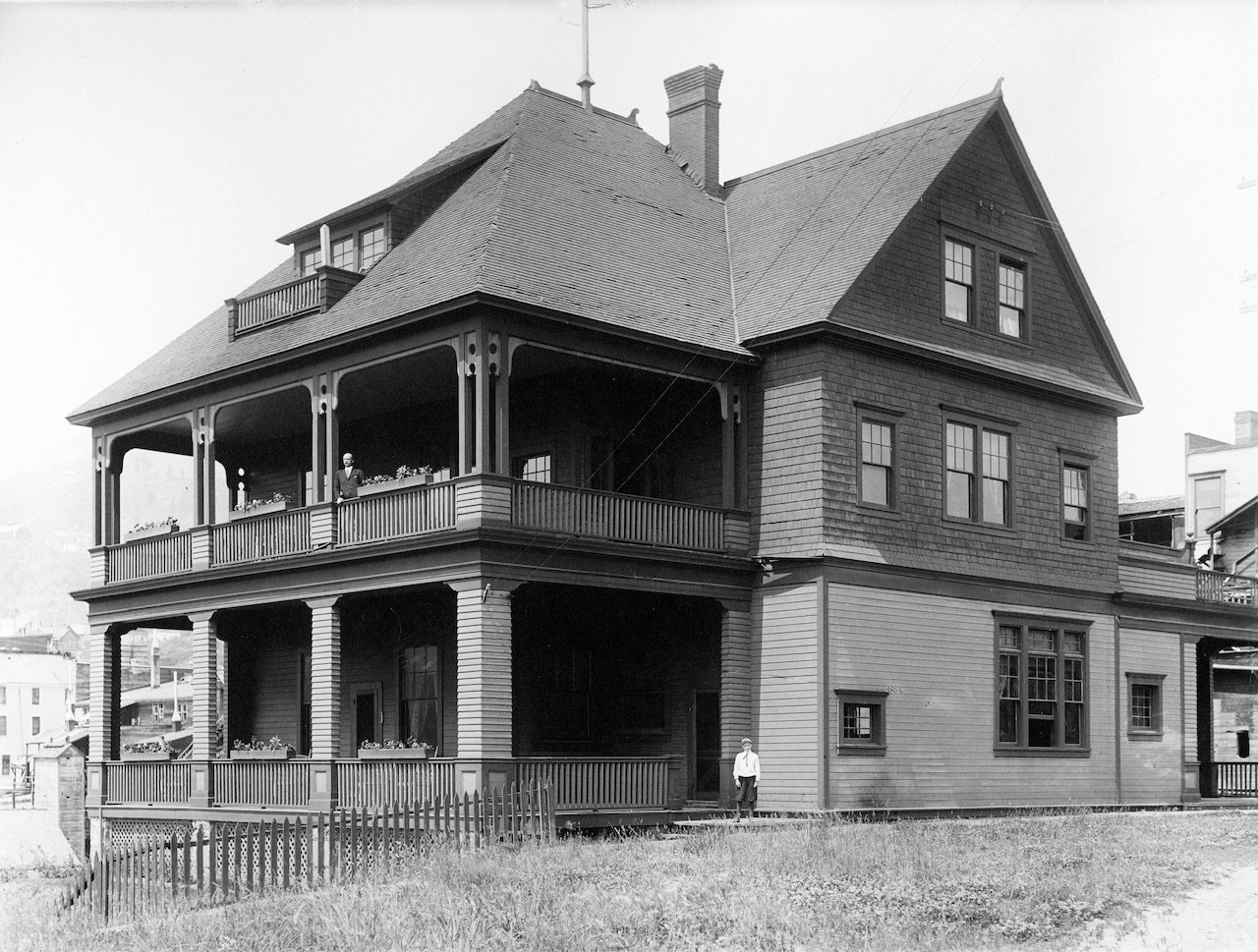
The Rossland Club
The Rossland Club was an exclusive gentlemen’s club that existed in Rossland from 1896 to 1969. Boasting a membership of leading professionals and a reputation known within British Columbia and beyond, the club’s activities consisted mainly of socialising, gambling, and drinking.

Thor Heyerdahl
Thor Heyerdahl, famous for the Kon-Tiki expedition in 1947, was once a resident of Rossland and an employee of the Consolidated Mining and Smelting Company in Trail. For a brief period in 1941, Heyerdahl, his wife, and two children lived in Rossland. In the city, Heyerdahl gave at least two known speeches to the Junior Board of Trade and the Golden City Club.

William "Spike" Treverton - Signalman for the 2nd Canadian Infantry Division WWII
The Rossland Museum has an ongoing project to learn more about the men and women that served in the armed forces overseas. We will continue to add information as it comes available. We will remember them.
William Treverton (1910-1984)

Percival Knight Allen - Trooper for the Lord Strathcona's Horse Boer War
The Rossland Museum has an ongoing project to learn more about the men and women that served in the armed forces overseas. We will continue to add information as it comes available. We will remember them.
Percival Knight Allen (1875-1917)


The "Spanish Flu" in Rossland
With Germany’s surrender to the Allied Powers, World War I finally ended on November 11, 1918, but the flu was just getting going in Rossland. From late October 1918 until February of 1919, nearly everyone got the flu. Almost 50 people died in five weeks - five weeks of absolute hell. Those that could continued to help, just as Rosslanders always do. From October 25 until the end of November, 47 people died. The last three people died in January and February. The majority of victims who were in their prime, between 20-35 years of age. Everyone who had it either recovered completely, experienced cognitive, respiratory effects or died, but ultimately herd immunity was achieved probably in February 1919 when the virus appears to have dissipated.

Pte. Alfred Lindsay - Canadian Infantry 7th Battalion WWI
The Rossland Museum has an ongoing project to learn more about the men and women that served in the armed forces overseas. We will continue to add information as it comes available. We will remember them.
Private Alfred “Fred” Lindsay (1893-1915)

Edmund "Eddie" Thomas Cox - RCAF Pilot Officer (WWII)
The Rossland Museum has an ongoing project to learn more about the men and women that served in the armed forces overseas. We will continue to add information as it comes available. We will remember them.
Edmund “Eddy” Thomas Cox (1917-1943)
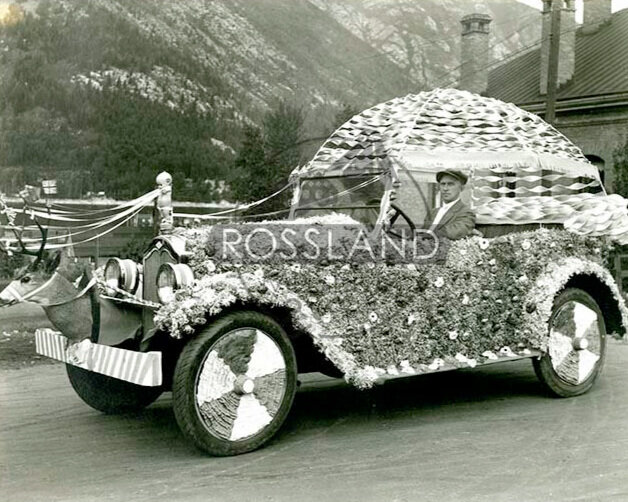
The Rebekahs
The Deborah Rebekah Lodge #13, a fraternal order and service organization associated with the Independent Order of Odd Fellows (IOOF), was instituted in Rossland on April 12, 1899. Over their 121 years of service in Rossland, the Lodge has made numerous contributions to the community, supporting local, provincial, national, and international causes such as health care, the war effort, the 1908 Fernie fire survivors, the 1948 Trail flood cleanup, and a local scholarship program. In the late 1970s, members of the Lodge started what would become the legendary Rebekah Rhythms, or the "Granny Band," which brought smiles and laughter to countless Rosslanders for over 30 years.

Alice Jesse Weber - "Old Lady Jess"
Alice Jesse Weber found herself in Rossland in the boomtown days of the late 1890s. She was raised in Kansas, and set off on her own as soon as she could. She headed west and rode the wave of gold rushes from California to Alaska. She married a Mr. Weber in Seattle and had a beautiful daughter; a picture of her daughter was one of her greatest treasures. According to Jess, her husband had not treated her well, and she left her family and drifted across the border to British Columbia, eventually settling in Rossland.
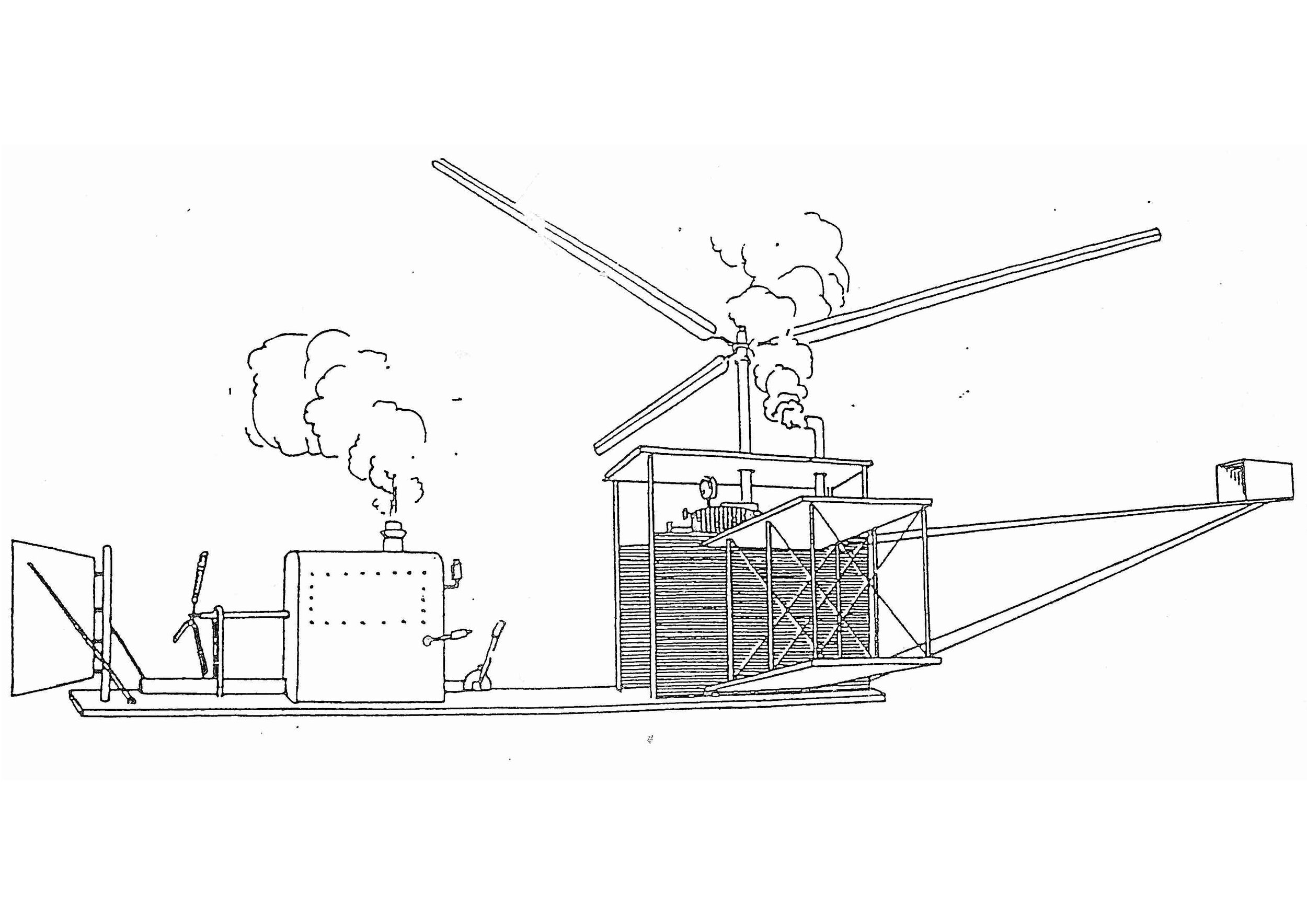
The Flying Steamshovel
How Could They Forget the Flying Steamshovel?
There has been, and still is, considerable controversy surrounding this peculiar story. As you read on, just keep in mind:
The Wright Brothers’ first powered, sustained, and controlled airplane flights took place in 1903 in Kitty Hawk, North Carolina; and
Paul Cornu is credited with the first free vertical ascent in a helicopter in 1907, France
Meanwhile, the Flying Steamshovel is reported to have flown in 1901! SO, should the Golden City be acknowledged as the true birthplace of man’s conquering of gravity?
-
2024
- Mar. 14, 2024 A Legend Carved in the Slopes: The History of the Grey Mountain Grind Mar. 14, 2024
- Feb. 29, 2024 Speaker Series Replay: “The Ice Man from British Columbia” with Bill Hanlon Feb. 29, 2024
- Jan. 16, 2024 History of the S.S. Rossland Jan. 16, 2024
-
2023
- Dec. 6, 2023 Red Mountain Volunteer Ski Patrol Dec. 6, 2023
- Jul. 30, 2023 An Introductory History of Pride in the West Kootenays Jul. 30, 2023
- Feb. 14, 2023 Behind the Curtain: The History of the Rossland Light Opera Players Feb. 14, 2023
- Feb. 8, 2023 James W. Thompson Feb. 8, 2023
- Jan. 18, 2023 Smelter Wars by Ron Verzuh Jan. 18, 2023
-
2022
- Nov. 1, 2022 Rossland Red Cross: Women's Volunteer Service During the Second World War Nov. 1, 2022
- Nov. 1, 2022 Air Raid Precautions (ARP): Rossland Civilian Defence During the Second World War Nov. 1, 2022
- Nov. 1, 2022 James "Jimmy" Harper: Flight Lieutenant in the Royal Canadian Air Force (WWII) Nov. 1, 2022
- Nov. 1, 2022 Garth "Bunny" Beley: Flight Officer in the Royal Air Force (WWII) Nov. 1, 2022
- Nov. 1, 2022 Benjamin "Ben" Allen: Private in Princess Patricia's Canadian Light Infantry (WWI) Nov. 1, 2022
- Mar. 30, 2022 Jessie McQueen Mar. 30, 2022
- Mar. 30, 2022 The Rossland Club Mar. 30, 2022
- Feb. 8, 2022 Thor Heyerdahl Feb. 8, 2022
-
2021
- Dec. 14, 2021 Mike Wigley - Tales from a Splitboarder: Walking to Glory Dec. 14, 2021
- Nov. 9, 2021 Harry Measure: "Mountain Resorts & Resort Communities: Origins & Future Opportunities." Nov. 9, 2021
- Nov. 5, 2021 William "Spike" Treverton - Signalman for the 2nd Canadian Infantry Division WWII Nov. 5, 2021
- Nov. 5, 2021 Percival Knight Allen - Trooper for the Lord Strathcona's Horse Boer War Nov. 5, 2021
- Oct. 26, 2021 Rossland's Historic Cemeteries Oct. 26, 2021
- Jul. 20, 2021 Adrian Leslie: Whitebark Pine Ecosystem Restoration Jul. 20, 2021
- Jul. 9, 2021 The Gold Fever Follies: A Rossland Tradition for Over 30 Years! Jul. 9, 2021
- May 27, 2021 Cindy Devine: "Ticket to Ride" - Cultivation of a Champion May 27, 2021
- May 13, 2021 Marilyn James: Sinixt Dialect Revitalization, Countermapping, and Resurgence May 13, 2021
- Mar. 31, 2021 The Miners’ Union Hall (circa 1898) + The Rossland Provincial Courthouse (circa 1900)" Mar. 31, 2021
- Feb. 17, 2021 The "Spanish Flu" in Rossland Feb. 17, 2021
-
2020
- Nov. 5, 2020 Pte. Alfred Lindsay - Canadian Infantry 7th Battalion WWI Nov. 5, 2020
- Nov. 3, 2020 Edmund "Eddie" Thomas Cox - RCAF Pilot Officer (WWII) Nov. 3, 2020
- Oct. 30, 2020 The Rebekahs Oct. 30, 2020
- Oct. 28, 2020 Phyllis Gregory Turner Ross Oct. 28, 2020
- Oct. 27, 2020 Alice Jesse Weber - "Old Lady Jess" Oct. 27, 2020
- Oct. 21, 2020 "The Girl" - A Memoir by Susie McClung Inghram (1936) Oct. 21, 2020
- Jun. 11, 2020 The Flying Steamshovel Jun. 11, 2020
- May 22, 2020 Quarantine and Isolation in Early Rossland May 22, 2020
- May 21, 2020 British Columbia Firefighters’ Museum May 21, 2020
- May 5, 2020 The Liberation of the Netherlands and Victory in Europe (V-E) Day - May 1945 May 5, 2020
- Mar. 30, 2020 #MuseumAlphabet Mar. 30, 2020
- Feb. 25, 2020 Rossland Range Plane Crash Feb. 25, 2020
- Jan. 10, 2020 Music City: The Rossland City Band Jan. 10, 2020
-
2019
- Jul. 8, 2019 Was Rossland built on a dormant volcano? Jul. 8, 2019
- Jul. 5, 2019 Inventing the Walkie Talkie Jul. 5, 2019
- Jan. 25, 2019 Agnew & Co. Jan. 25, 2019
-
2018
- Oct. 10, 2018 Some Little Known Incidents And Characters From Rossland's Golden Age Oct. 10, 2018
- Aug. 14, 2018 Ross Thompson Aug. 14, 2018
- Aug. 14, 2018 Yes, There Was Skiing Before We Built The Chairlift Aug. 14, 2018
- Aug. 14, 2018 Mid-Winter Mardi Gras: Rossland's Winter Carnival Aug. 14, 2018
- Aug. 14, 2018 The Chinese and Chinatown of Rossland Aug. 14, 2018
- Aug. 14, 2018 Olaus Jeldness by Ron Shearer Aug. 14, 2018
